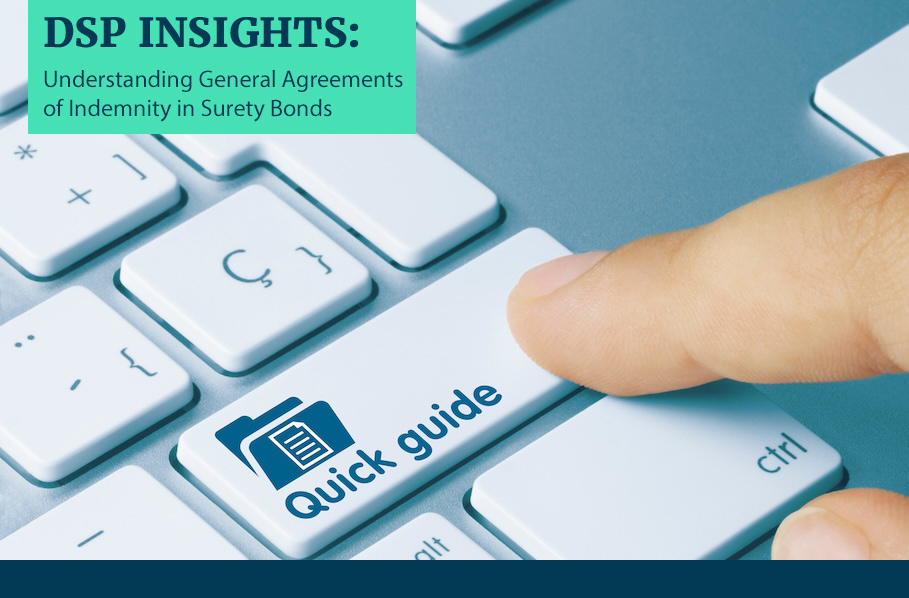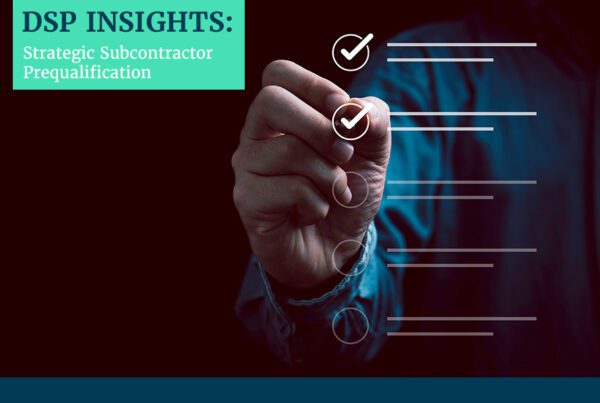
Surety bonds generally require a General Agreement of Indemnity (GAI), a critical component in the bonding process. This article will delve into what a GAI is and why it’s considered such an essential element for GAI surety bonds.
What is a General Agreement of Indemnity?
A General Agreement of Indemnity is a legal framework designed to protect the surety from any losses or expenses that arise as a result of issuing a bond. This agreement is between the surety and the principal (the entity required to obtain the bond) and often includes other parties like the principal’s corporate indemnitors and personal indemnitors (e.g., company owners or executives). The GAI ensures that if the surety has to pay out on a bond claim, the indemnitors are obligated to reimburse the surety for those payments, including legal fees and other related costs.
Why Do Sureties Require a GAI Surety Bonds?
When issuing a bond, the surety provides a financial guarantee that the principal will fulfill their obligations. If the principal fails, and the surety has to step in, the GAI is that fallback. It’s a risk management tool that ensures the surety isn’t left holding the bag if things go south. Entering into a GAI provides security to the surety that goes beyond the bond itself, a commitment that your business, and often you personally, will stand behind the obligations covered by the bond. This assurance is crucial for obtaining bonds, especially for large or high-risk projects.
If I provide personal indemnity, how will it affect my personal assets?
Personal indemnity is a way for the surety to ensure that the owners or executives of a business have a vested interest in the company’s performance and compliance with bonded obligations. It aligns the interests of the business with those of the surety. Personal indemnity is generally a part of the GAI, including the personal indemnity of an owner’s spouse. If the surety has to cover claims against a bond, they can seek reimbursement under the terms of the GAI. Ideally, personal assets do not become at risk because the surety is able to stabilize a job and cash flow a project, keeping the principal afloat.
Is a GAI Surety Bond negotiable and can I minimize risk?
While the requirement for a GAI is standard, the specifics can sometimes be negotiated. This requires a thorough contract review and discussion of the terms with the surety and legal counsel. True risk mitigation comes through effective project management and financial oversight of a project to reduce the likelihood of claims.
Wrap-Up
A GAI is a foundational document in securing bonds, ensuring the financial arrangement is secure for all parties involved. It underscores the seriousness of obtaining a surety bond and helps maintain the trust and support of your surety partners, demonstrating your commitment to not just perform, but to overcome any challenges faced on a project.



